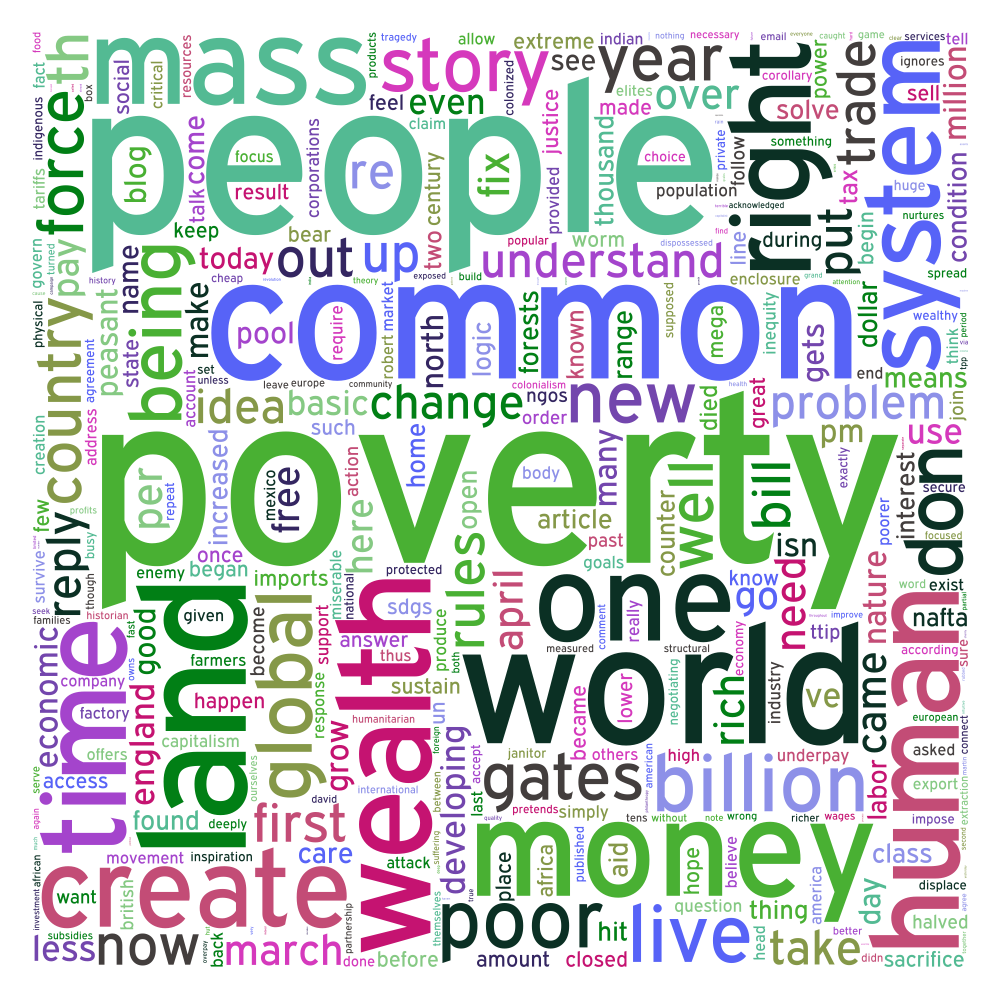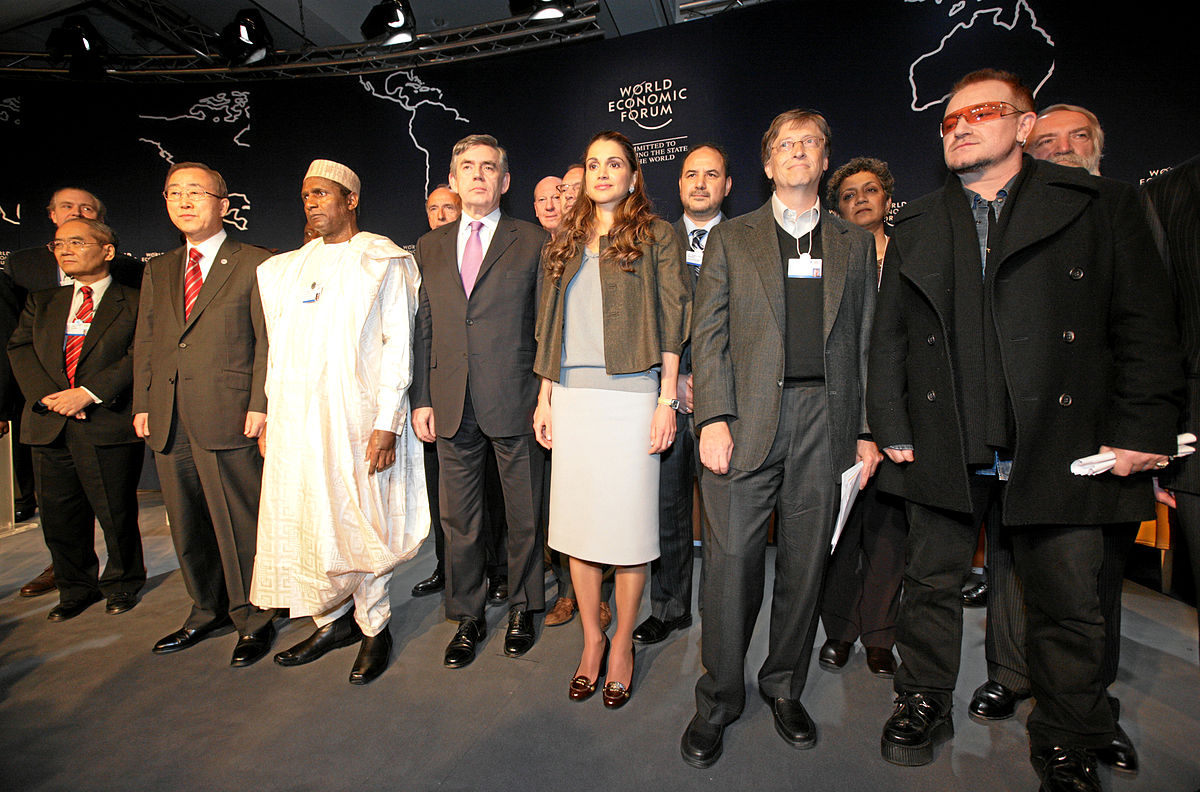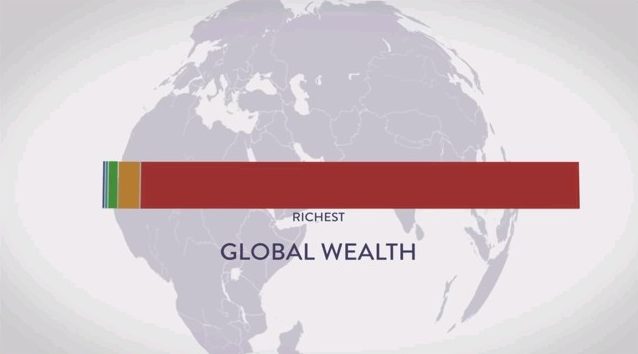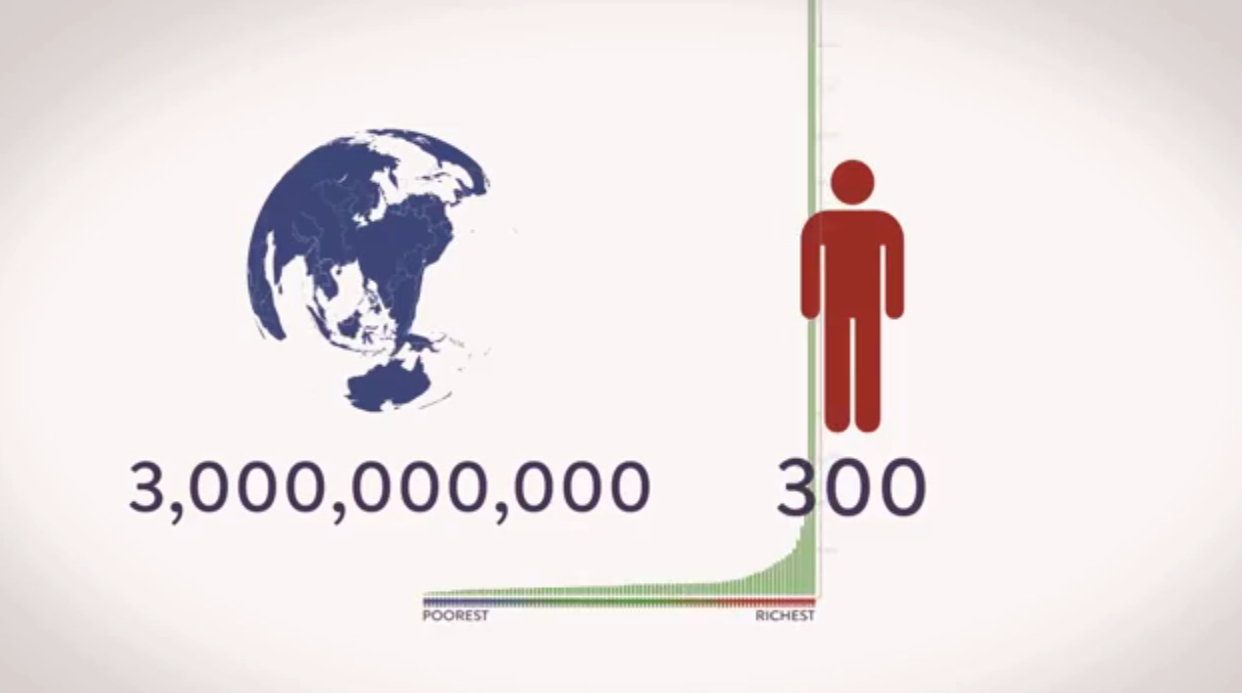
This post is part of our ‘When it clicked’ series. They are stories from people working within the ‘international development’ sector who want to share their experience of challenging the dominant narrative around poverty and development, how it felt and why it’s important to question. Find out more about it here.
Two years ago I quit my dream job working as the head of communications and campaigns for the Australian arm of an international anti-poverty organisation.
It took me a while to work up the courage to quit, and it’s taken me even longer to really understand the reasons why I had to leave.
I genuinely loved the organisation I worked for and the people I worked with. The work we did “on the ground” was incredibly progressive and effective at empowering local communities to fight back against injustice and oppression.
But the effectiveness of our work was undermined by the stories we told about it back here in Australia.
Although we’d long since abandoned the idea that poverty could be solved through “charity”, and our work in communities across Africa, Asia and South America reflected this, we found it impossible to move away from the charity narrative when speaking to our Australian supporters.
In large part, this was driven by our fundraising needs and a perception that breaking away from the charity narrative would inevitably lead to reduced income.
Stories of systematic inequality, oppression and injustice were simply not as “sexy” as those focused on service delivery. Our campaigns against corporate tax dodging and land grabs in poor communities were no match, I was told, for stories about the Ugandan farmer we gave seeds to who now has enough food to feed her children; or the school we built in Cambodia that means another 150 children now get an education.
Sometimes we managed to tell stories that revealed the bigger picture. But they were the exception, not the rule.
And so we continued to feed a dominant narrative that not only failed to explain why poverty exists in the first place, but, in fact, obscured that story from view.
Like the magician who waves his right hand in a frenzy to distract us from the card he’s hidden in his left sleeve, we bombard Australians with stories of individual need and quick fixes, while our business community and government continue to plunder with impunity.
To my organisation’s credit, we never sung the praises of the flawed Millennium Development Goals. But neither did we attack the logic upon which they were based as much as we could have.
As the UN gets closer to finalising the Sustainable Development Goals, I hope those still working within the anti-poverty sector have the courage to speak out against more of the same. To challenge the idea that growth is the solution to poverty. We know that’s not true – but will we say it? And if we say it, will it be a whisper or a shout?
I now understand why I had to leave when I did. I’m passionate about ending poverty and injustice. And that requires transformational change – not tinkering around the margins.
As much as I admired the organisation I worked for, I no longer believed it had the ability to push for transformational change at the global level. After all, it struggled to transform itself.
You simply cannot build a global movement for change, by telling tired old stories that obscure reality. It’s time we stopped waving our right hand and revealed what was going on in the left – even if it risks spoiling the magic.
Mark Chenery is Co-Founder of Common Cause Australia
Twitter: @mark_chenery
Website: www.commoncause.org.au









Leave a Comment